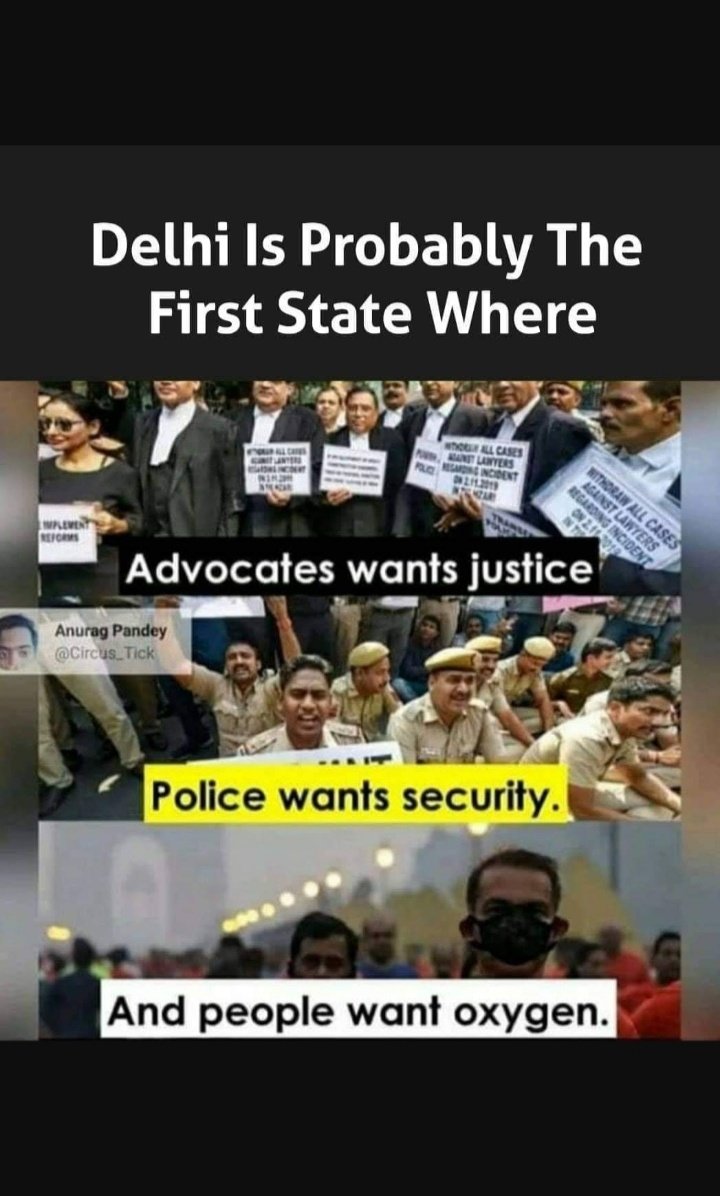Modi is not bending backwards to appease TN. What he has done till date is praised its culture and its icon. That is par for the course for a politician.kvraghav wrote:I sometimes feeling he is bending over backwards too much to appease Tamil Nadu. Even the recent transportation infrastructure support from Germany went there. Hope he does half of that to the neighboring state which gave him 98% of the MP seats.pankajs wrote:Seems like that bleddy Mudi has set TN on phyre ... It all seems to have started with Mudi quoting another Tamil saint in Thailand and TN BJP putting out a picture of that saint clad in Saffron with visible Yindu marks on his body.
https://twitter.com/madhavpramod1/statu ... 9598666752
The proud DMK, Atheists, Rationalists and seekoolars are seeing red lately. One guy just declared Shiva, Sakti, Kartick, Ganesh, etc as non-Hindus's
On the Infra/Investments diversion, I would "think" that most project are proposed by State government that then get financial backing within India or from abroad and get the center's approval especially if it involves foreign money because at some level it involves guarantees that only the GOI can give.
So, if I am reading it right without doing any research on my own, the project that "went" to TN was "proposed" by TN who promptly roped in the Germans to help finance it. GOI would just have signed off on the deal with some due diligence. Nothing stops the rest of the states to pitch similarly structured projects to the Center.

